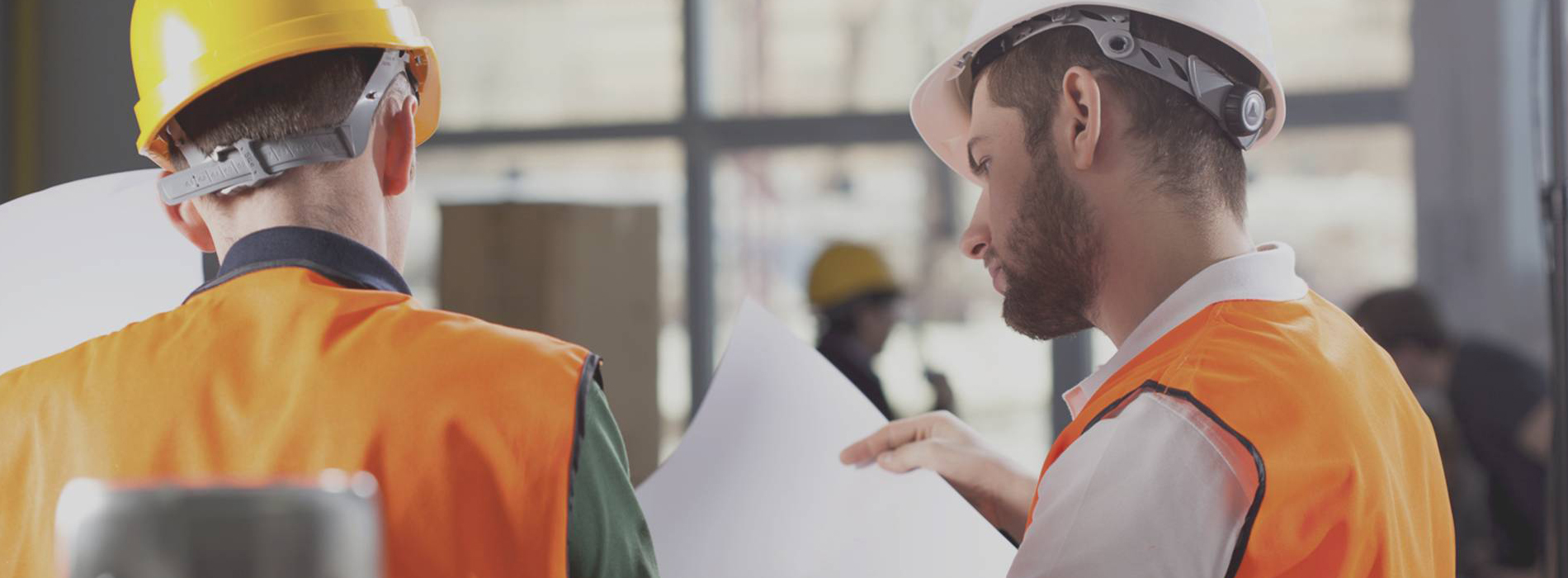Heavy industry presents unique challenges when it comes to maintaining a safe and healthy workplace. The nature of heavy machinery, chemical exposures, and demanding physical environments requires a tailored approach to risk management. This is where industrial hygiene consulting plays a crucial role, providing expert guidance designed specifically for the complexities of heavy industry. While food processing safety solutions may seem unrelated at first glance, the principles and strategies developed for food safety often inform and complement hygiene practices across various industrial sectors, including heavy manufacturing.
The Critical Role of Industrial Hygiene Consulting in Heavy Industry
Heavy industry environments are characterized by the presence of hazardous substances, intense noise levels, dust, and other physical stressors. Effective industrial hygiene consulting is essential to identify and control these risks before they affect workers’ health. Consultants bring specialized knowledge and use sophisticated tools to conduct comprehensive assessments, ensuring that potential hazards are recognized and mitigated effectively.
Though food processing safety solutions primarily focus on contamination control and sanitation in food production, the rigorous standards and preventive measures from this field inspire hygiene protocols that are equally relevant to heavy industry. Both fields require a proactive approach to maintaining safe environments, minimizing exposures, and complying with stringent regulatory requirements.
Tailored Strategies for Complex Industrial Environments
Every heavy industry facility operates under unique conditions that demand customized safety strategies. This customization is a core advantage of industrial hygiene consulting. Consultants analyze the specific industrial processes, materials used, and environmental factors to develop tailored control measures that suit each site.
Interestingly, many principles behind food processing safety solutions—such as hazard identification, critical control points, and contamination prevention—apply equally to managing chemical and physical hazards in heavy industry. This cross-industry knowledge enhances the quality of hygiene programs, ensuring that interventions are both practical and effective.
Protecting Workers from Chemical and Physical Hazards
A major focus of industrial hygiene consulting in heavy industry is controlling exposure to hazardous chemicals, dust, and noise. These factors can lead to chronic health issues like respiratory diseases, hearing loss, or skin conditions if left unmanaged. Consultants employ air sampling, noise monitoring, and other diagnostic techniques to measure exposure levels accurately.
While food processing safety solutions are designed to prevent contamination of edible products, they also emphasize minimizing worker exposure to cleaning agents and sanitizers, which parallels the chemical safety concerns in heavy industry. The shared emphasis on protective measures and exposure limits underscores the value of industrial hygiene expertise across sectors.

Integrating Technology and Data for Optimal Safety
Modern industrial hygiene consulting utilizes advanced technology such as real-time monitoring, wearable sensors, and data analytics to enhance safety practices. These tools enable continuous oversight of hazardous exposures and provide actionable insights to prevent incidents before they occur.
Similarly, food processing safety solutions leverage technology to monitor critical points in production, detect pathogens, and ensure compliance with hygiene standards. The integration of technology in both fields exemplifies a forward-thinking approach to industrial hygiene, promoting data-driven decisions that elevate workplace safety standards.
Compliance with Regulatory Standards
Heavy industries are subject to a range of regulatory frameworks aimed at protecting worker health and safety. Navigating these regulations can be complex, and expert industrial hygiene consulting is invaluable in helping companies stay compliant. Consultants keep abreast of evolving legislation and ensure that safety programs meet or exceed legal requirements.
Food manufacturers also rely on food processing safety solutions to comply with strict food safety regulations. This shared commitment to regulatory adherence reinforces the importance of a disciplined, expert-driven approach to hygiene management in any industrial setting.
Enhancing Operational Efficiency Through Hygiene Management
Beyond safeguarding health, effective industrial hygiene consulting contributes to operational efficiency. Reducing workplace illnesses and injuries lowers absenteeism and workers’ compensation costs. A healthier workforce is also more productive and engaged, which benefits overall business performance.
In the food industry, food processing safety solutions improve efficiency by preventing contamination-related shutdowns and recalls. This preventive philosophy is mirrored in heavy industry, where hygiene consulting helps avoid costly disruptions caused by workplace hazards, demonstrating that safety and productivity go hand in hand.
Building a Culture of Safety and Responsibility
A key benefit of industrial hygiene consulting is fostering a culture of safety within heavy industry organizations. Consultants help establish training programs, communication protocols, and continuous improvement processes that empower workers to participate actively in maintaining hygiene standards.
The culture established through effective food processing safety solutions similarly encourages employee accountability and vigilance. Both fields recognize that ongoing education and engagement are critical to sustaining a safe work environment and preventing complacency.
Conclusion: The Value of Specialized Industrial Hygiene Consulting
In conclusion, industrial hygiene consulting tailored for heavy industry offers invaluable benefits, from hazard identification and exposure control to regulatory compliance and enhanced productivity. Although seemingly distinct, the insights and approaches from food processing safety solutions enrich industrial hygiene strategies, promoting rigorous safety standards across diverse workplaces.
By leveraging specialized consulting services, heavy industry companies can protect their workforce, improve operational outcomes, and build resilient safety cultures. The fusion of expertise across sectors highlights the evolving nature of industrial hygiene consulting as a cornerstone of modern workplace health and safety.
